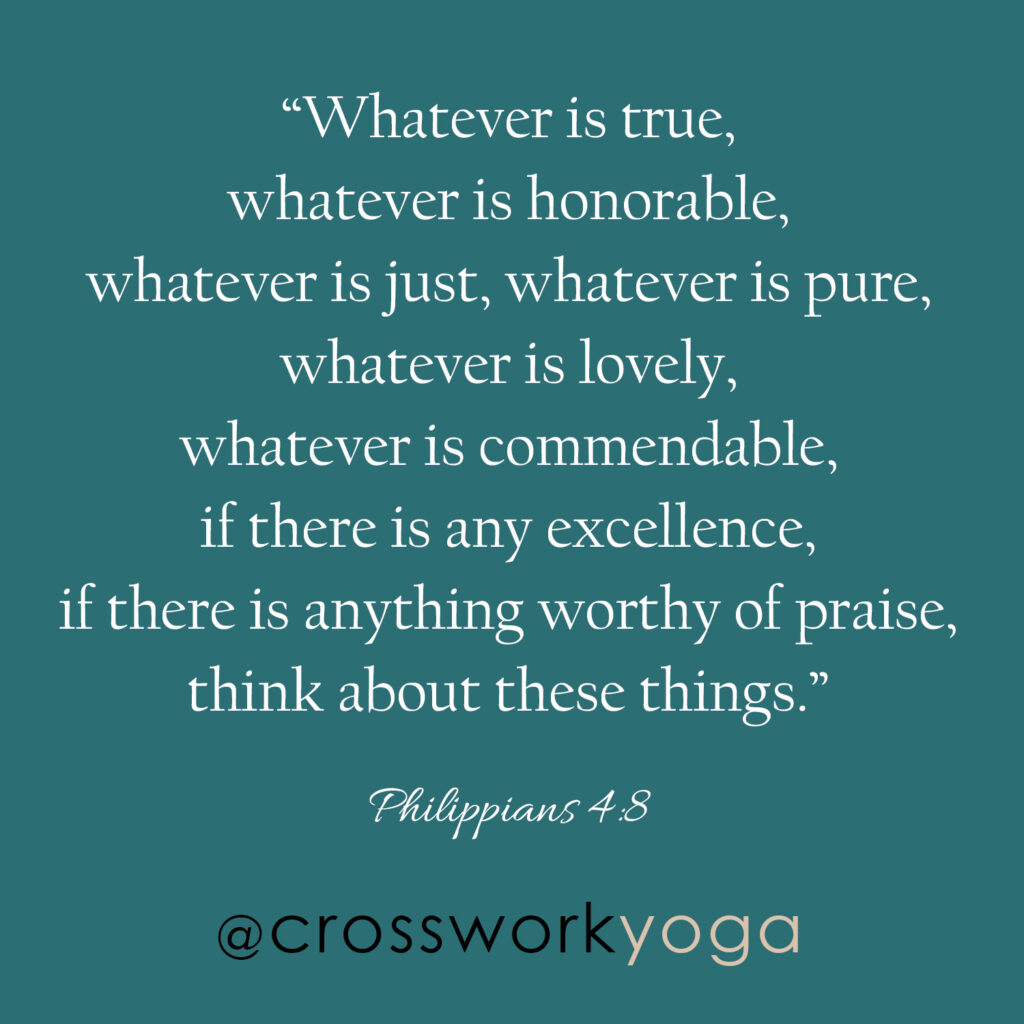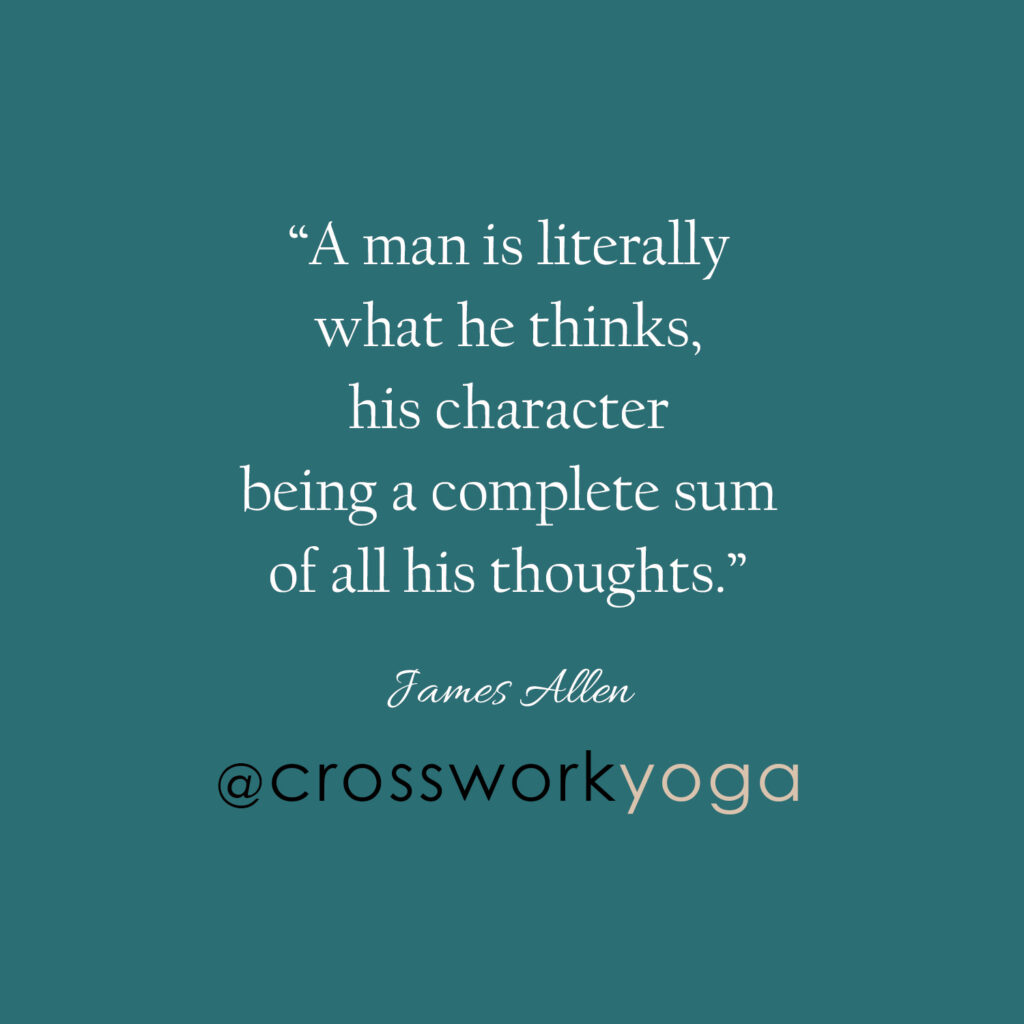Sometimes we get derailed. Your plans go awry. You had an idea of how your day would go, but something unforeseen happened and now you’re feeling frazzled. If you’ve got 5 minutes, here are 5 habits that can help you get back on track.
Breathe Pranayama is the yogic practice of intentional breathing. Begin with 3 calming breaths.
Hydrate You already know that your body is mostly water and that it depends on water for pretty much every process. Dehydration can lead to headaches or even changes in blood pressure, which can make a bad day even worse.
Remember Obstacles have the potential to make us more resilient. Instead of working against hindrances, try leaning into them. Ask yourself how you can harness this setback to come out stronger on the other side.
Move Exercise equals endorphins, and endorphins can improve our mood. Whether it’s a few seated twists at your desk or choosing to take the stairs instead of the elevator, step it up. Walk it off.
Focus So your plans were derailed. It happens. Take a moment to think on a few things that could still work out for you today: a run, a fantastic dinner, a frivolous dessert, a relaxing bath, or all of the above!



